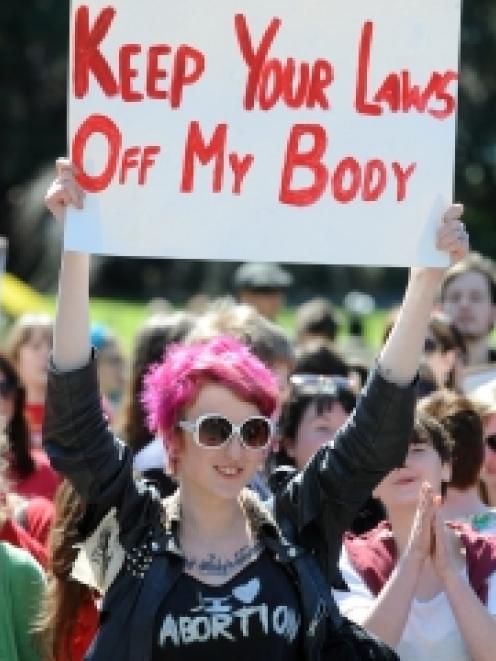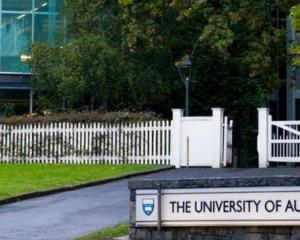
Both parties appeared in the Court of Appeal in Wellington today, marking the latest step in a civil dispute that started in May 2005 .
Right to Life had complained that the committee had failed to properly interpret its powers under the Contraception, Sterilisation and Abortion Act.
Under current law a registered practitioner can lawfully carry out an abortion if two certifying consultants find the pregnancy could pose a risk to the mother's physical or mental health.
With over 98 percent of all abortions being carried out on mental health grounds, the anti-abortion group sought clarification on the ASC's powers, the lawfulness of abortions being carried out, and the rights of the unborn child.
Justice Forrest Miller in 2008 ruled the law was being interpreted more liberally than Parliament intended and there was "reason to doubt the lawfulness of many abortions".
He said the ASC had misinterpreted its statutory powers, and should require better record-keeping from consultants and review the procedures for authorising abortions.
Despite this, he said the law did not recognise a foetus' right to life.
The ASC appealed his decision and Right to Life cross-appealed.
Today, counsel for the ASC Cheryl Gwyn told the court the committee had no authority to review certifying consultants' decisions and gave three arguments for the appeal.
Firstly, Justice Miller focused "exclusively" on the question of whether consultants were obeying the law, which was not part of the review before the courts -- he had no jurisdiction, Ms Gwyn said.
Secondly, he had no proof to conclude some abortions were illegal, as he relied on statistics and previous committee reports.
To say that most abortion decisions aren't made legally, he would have needed a "considerable body of evidence".
Thirdly, Ms Gwyn said if Justice Miller's decision was upheld, the committee had no expertise or resources to embark on a review.
Right to Life counsel Peter McKenzie QC is to give the group's arguments tomorrow. It is appealing Justice Miller's ruling that foetuses do not have full human rights, and that abortion counsellors should not be independent of licensed institutions.
Spokesman Ken Orr told NZPA the state had a duty to protect the lives of unborn children as guaranteed by the Bill of Rights, where it stated no one should be deprived of their right to life.
But ASC counsel Wendy Aldred told the court if Parliament wanted the Bill to extend to foetuses it would have been spelt out in the legislation.
"This is tragically sad in our perspective. That we are here in court having to plead for recognition of the human rights of unborn children, who are the weakest and most defenceless," Mr Orr said.
Abortion Law Reform Association president Dame Margaret Sparrow, outside court, told NZPA the five-year-old debate identified how inadequate abortion laws were.
"The fact that the law can be interpreted liberally ... is really a mater more for Parliament than for the courts.
She hoped Parliament would consider whether the law needed to be reviewed.
"It is out-of-date and it really is time to have another look at it," she said.
Meanwhile, about 50 pro-choice campaigners protested outside the court calling for women to have easier access to abortion.
The two-day hearing resume tomorrow.












